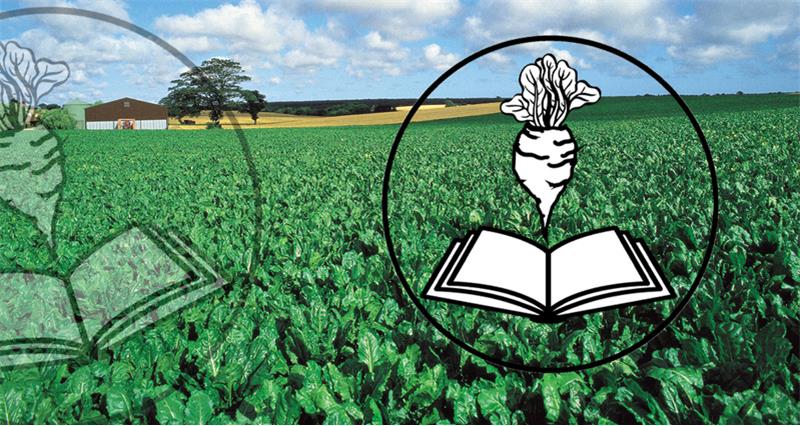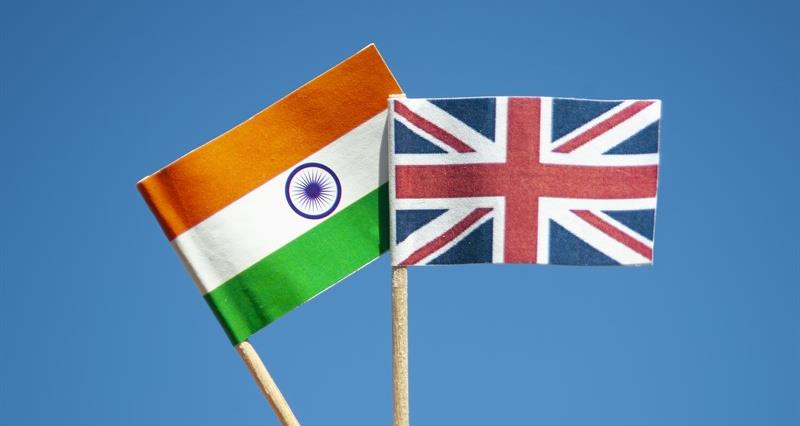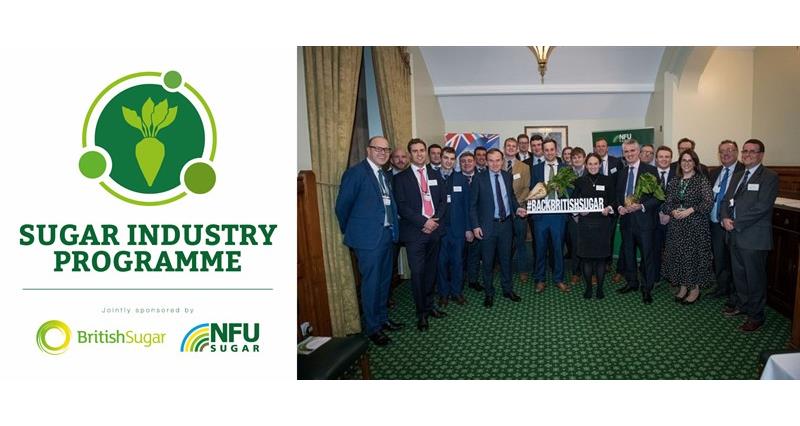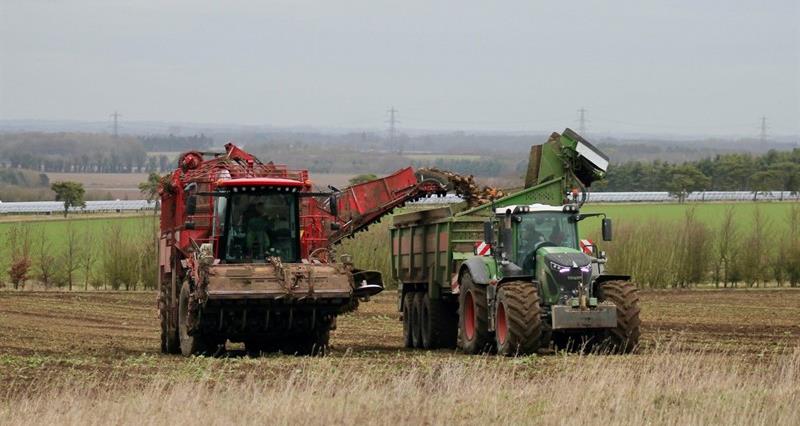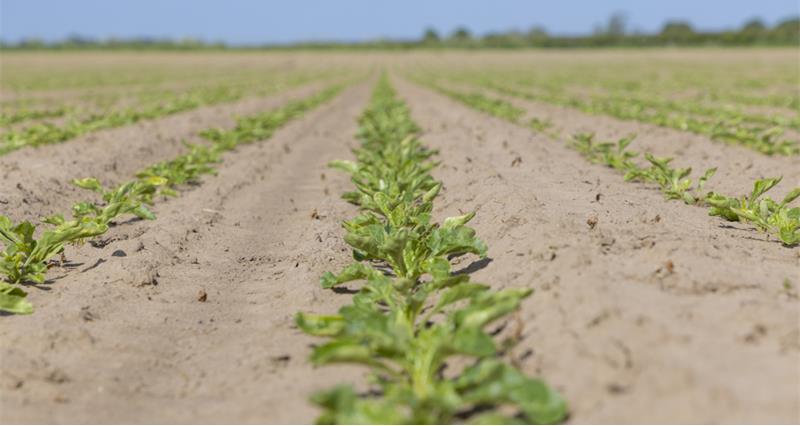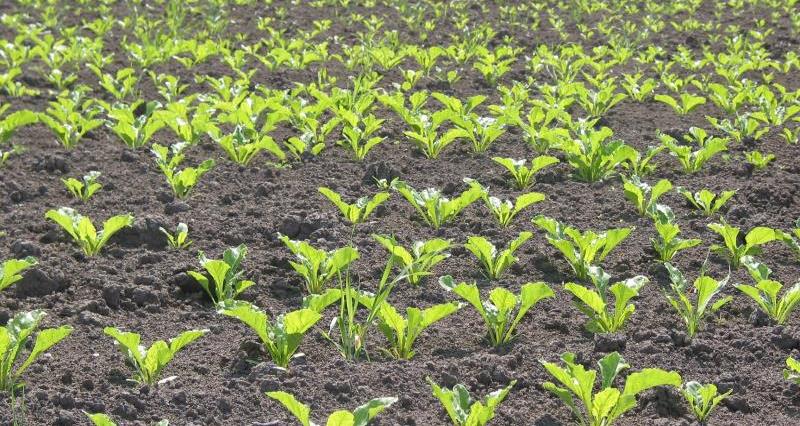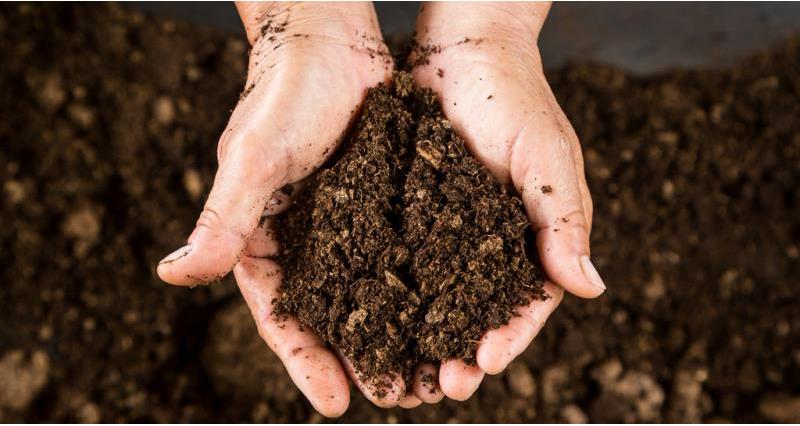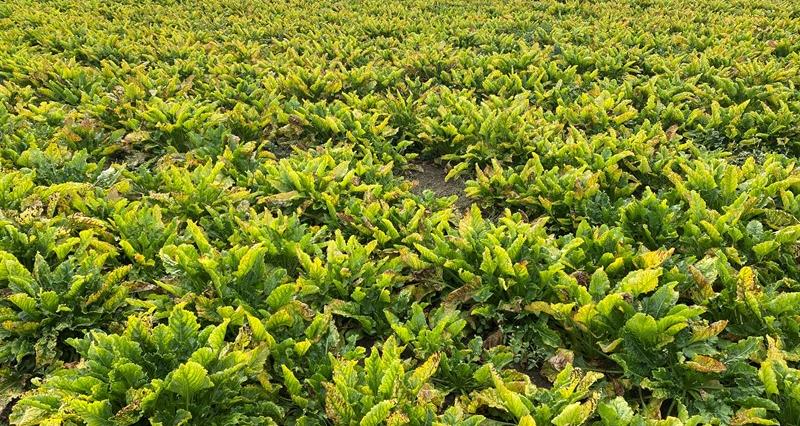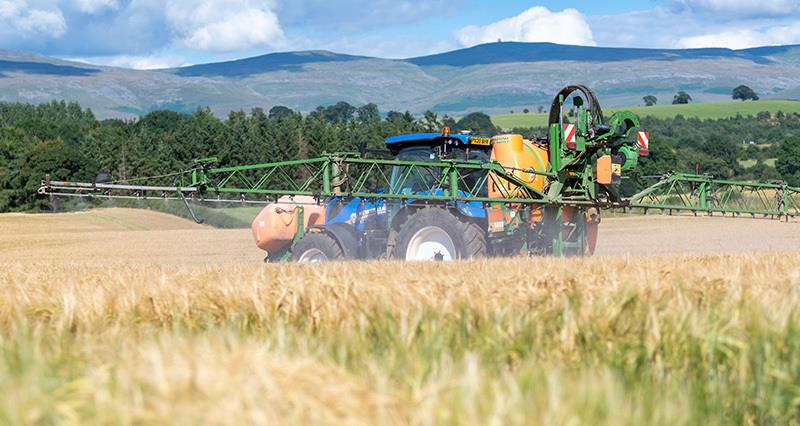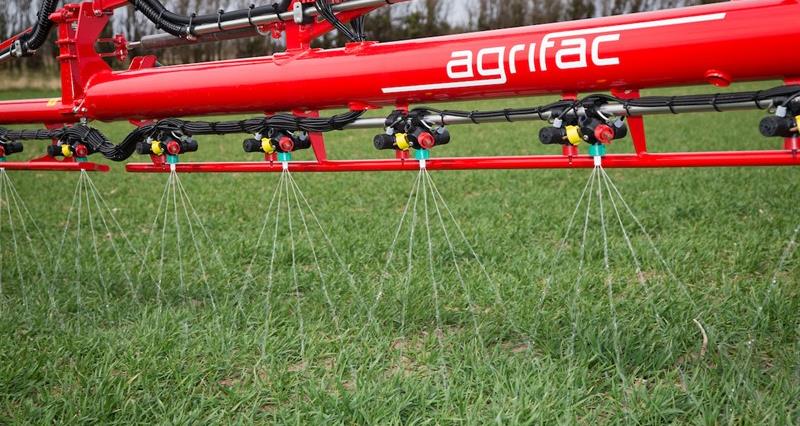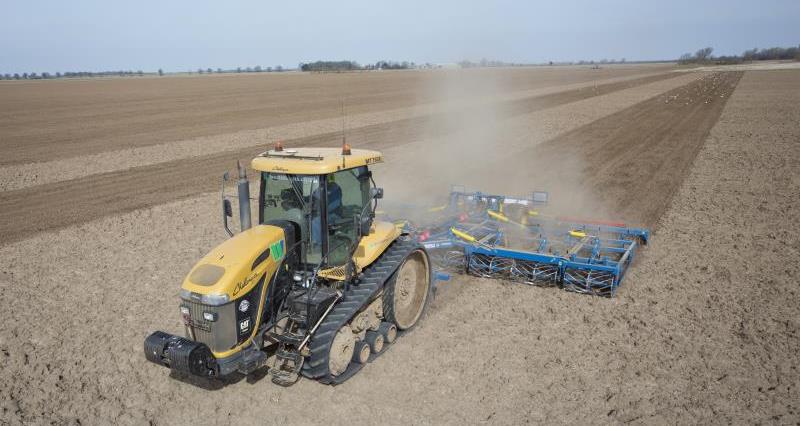The NFU performs a crucial role in Westminster and Whitehall advising MPs and influencing legislation on the areas that matter most to sugar beet growers.
- Download the British Sugar grower handbook
- Find how to get in touch with NFU contacts at the factories
- How to raise a complaint about a delivered load
- Get the latest from @NFUSugar
If you need to get in touch with NFU Sugar, you can email: nfusugar@nfu.org.uk or call 0370 066 1974.
